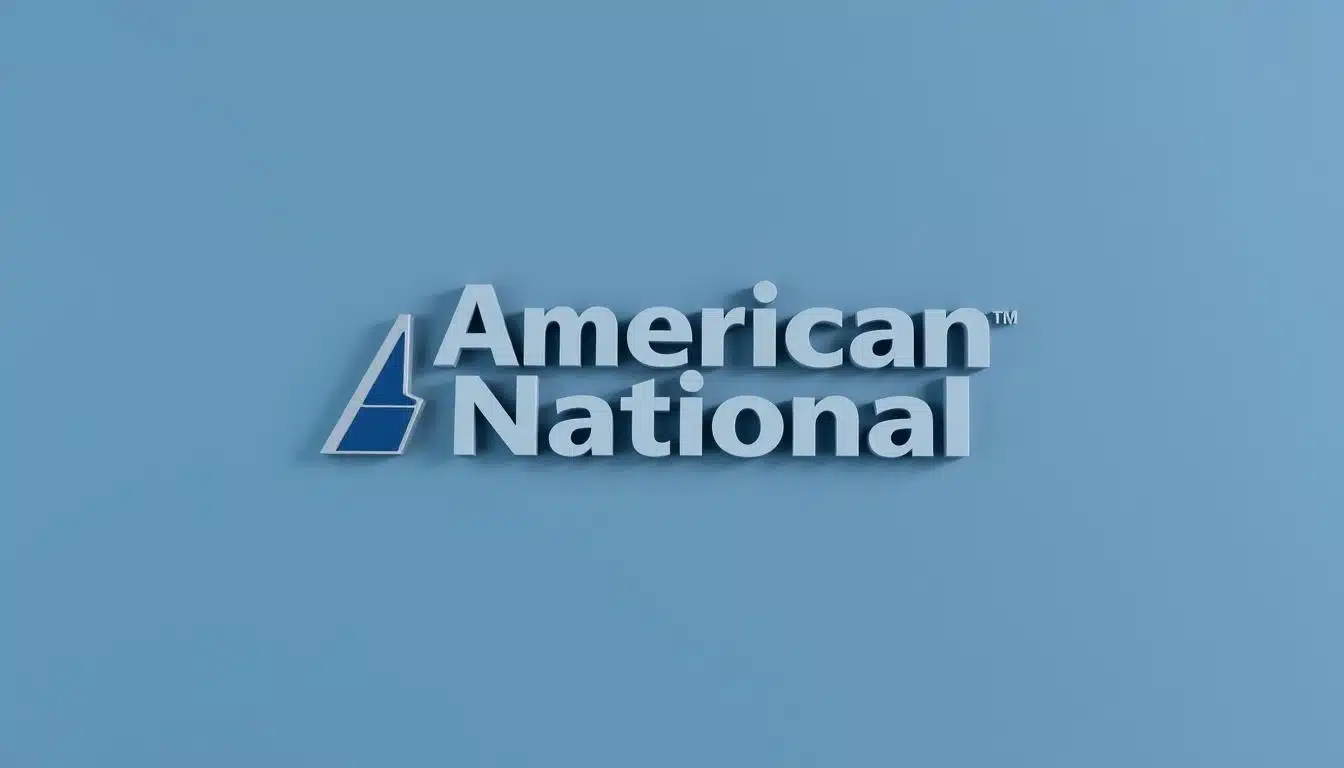The veterinary field is risky, with 1 in 3 vets facing a lawsuit. This shows the need for strong veterinary professional liability insurance. Without it, legal costs can be very high, threatening a vet’s business.
This article compares the top five vet insurance providers. It looks at risks like malpractice lawsuits, injuries, and property damage. Good vet insurance is key to protect against big financial hits and keep care going without pause.
We use trusted sources like Panorama Insurance to guide you. This helps you choose the right insurance for your vet practice.
Table of Contents
ToggleKey Notes
- Understanding the high risk of lawsuits in the veterinary field is essential for proactive protection.
- Liability insurance is a critical shield against financial shocks.
- It’s important to compare different insurance providers to find the best fit.
- Customized insurance options let vets tailor policies to their needs.
- Knowing common exclusions helps pick a full-coverage policy.
Introduction to Veterinary Liability Insurance
Veterinary liability insurance is a special kind of insurance. It protects veterinarians from lawsuits or claims. It’s important for keeping them safe from accusations of negligence or malpractice suits.
This insurance covers malpractice, injuries to clients, and damage to property. Without it, vets could face huge financial losses from legal battles.
Studies show vets often need more than one insurance policy for full protection. There are three main types of policies: for individual vets, for whole practices, and for businesses. Business policies also cover risks like fires and natural disasters.
From 2017 to 2022, 21% of claims against vet clinics were due to water damage. This shows how vital it is to have broad insurance coverage. Also, animal-related injuries, like bites, have caused at least 63% of vet staff injuries in recent years.
With license defense insurance, vets also get help with legal costs from state licensing boards. This can include fines or suspension.
Understanding the Importance of Veterinary Professional Liability Insurance
Veterinary professional liability insurance is crucial for protecting vet practices from big financial losses. Claims in this field are going up, making malpractice insurance for vets a must. It helps cover legal defense costs, which can add up fast, including lawyer fees and court costs that can be in the thousands.
Many vets will face at least one legal claim in their careers. This is scary, given how much people value their pets. The U.S. pet industry made nearly $100 billion in 2024. This shows how high the stakes are for vets, with pet owners expecting more from them.
Veterinary medical malpractice insurance covers claims of negligence or mistakes in care. Small-animal vets should get coverage of at least $1 million to $2 million per claim. This shows how risky lawsuits can be for vets.
Surgical mistakes, even with careful practice, can lead to lawsuits. Not telling clients about treatment risks can also lead to legal trouble if things don’t go as expected.
Having to deal with many claims can make things more complicated and expensive. This makes getting good coverage even more important. Many vets think their general liability insurance covers them, but it doesn’t.
The legal system is treating vet lawsuits like doctor malpractice cases. This means vets need strong coverage, as they could face big non-economic damages.
Key Factors to Consider When Choosing Coverage

When picking the right veterinary liability insurance, look for coverage that protects against malpractice, client injury, and property damage. It’s important to have at least $1,000,000 in malpractice insurance. This is because without it, small vet clinics could face huge financial losses from lawsuits.
Cost is also a important fact. Compare the prices of general liability, professional liability, and workers’ compensation insurance. New vets might pay up to $5,000 a month for disability insurance. Vets in their mid to late career could pay up to $10,000 a month. Finding a good deal helps keep your vet clinic financially healthy.
How quickly and well an insurance company handles claims is very important. Legal costs in malpractice cases can be very high. Having a reliable insurance company can be a big help. Also, check what other vets say about the insurance company to make a good choice.
Every vet clinic is different, so you need to think about what coverage you really need. In some places, you must have workers’ compensation insurance if you have employees. This shows how important it is to get the right animal hospital liability coverage.
| Coverage Type | Minimum Recommended Coverage | Average Monthly Premium |
|---|---|---|
| Malpractice Insurance | $1,000,000 | Varies |
| General Liability | $1,000,000 per occurrence $2,000,000 aggregate | Varies |
| Disability Insurance | $5,000 – $10,000 per month | $5,000 (new graduates) $10,000 (mid-career) |
| Business Personal Property Insurance | $250,000 | Varies |
Top 5 Veterinary Professional Liability Insurance Providers

Choosing the right veterinary professional liability insurance is key for vets. Each provider has its own strengths. Here are the top five known for great vet insurance.
AVMA Trust: Comprehensive Coverage for Veterinarians
AVMA Trust is a top pick for vets. They offer a wide range of animal care liability coverage. Their plans include malpractice and general liability, and they have flexible prices. Premiums range from $385 to $840 a year.
Travelers Veterinary Insurance: Tailored Solutions
Travelers Veterinary Insurance has solutions for vets. They cover malpractice and general liability. You can start paying as little as $17.50 a month for basic coverage. They also have a quick claims process.
The Hartford Business Insurance: Ideal for Smaller Practices
The Hartford Business Insurance is great for small vet practices. They offer affordable plans that usually cost between $600 to $1,200 a year for general liability. They focus on helping small businesses with liability coverage.
Chubb Insurance: Policies for Larger Practices
Chubb Insurance is perfect for big vet practices. They offer high liability limits and cover special needs like employee theft. They also have global coverage, making them great for vets with locations worldwide.
Comparison Table of Top 5 Professional Liability Insurance Providers
| Provider | Best For | Coverage Highlights | Average Annual Cost | Why They’re Recommended |
|---|---|---|---|---|
| AVMA Trust | Comprehensive Coverage | Malpractice, license defense, general liability | 385–840 | Official partner of the AVMA, offering vet-specific plans. Includes legal defense for license disputes and flexible coverage tiers. |
| Travelers | Budget-Friendly Options | Malpractice, equipment damage, general liability | 500–1,200 | Affordable starter plans (quotes start lower for small practices). Known for fast claims processing and customization. |
| The Hartford | Small Practices | Business owner policies (BOP), general liability | 600–1,200 | Bundles liability, property, and business interruption insurance. Simplified for startups/solo vets. |
| Chubb | Large/Global Practices | High liability limits, cyber liability, global coverage | $1,500+ | Elite coverage for multi-location clinics. Covers niche risks like employee theft or overseas operations. |
| Nationwide | Mixed Practice Needs | Malpractice, premises liability, animal bailee coverage | 400–1,000 | Popular for equine/large-animal vets. Includes care, custody, and control coverage |

This section compares different veterinary insurance providers. We look at their coverage, average costs, and how to file claims. Knowing these details helps vets pick the best protection for them.
Coverage Scope: Malpractice, License Defense, and More
Vet insurance covers many risks, like malpractice and license defense. Some providers focus on specific areas. This affects how wide their coverage is.
Claims-made policies are now common. They offer flexibility and can be tailored to fit a vet’s needs. This way, vets can protect themselves from unique claims without relying only on their employer’s insurance.
Average Premiums and Cost Considerations
Premiums vary a lot, depending on the practice size and scope. Smaller practices might pay less, while bigger ones could pay more. This is because bigger practices face more claims.
Individual premiums can be high, which is a big financial factor. For example, ASPCA Pet Health Insurance has a lifetime limit for chronic conditions. They also offer flexible deductibles, which might be appealing to vets watching their budget.
Claims Process Efficiency and Customer Satisfaction Ratings
The claims process and customer satisfaction are key when picking an insurance provider. Many vets face liability claims, making the claims process very important.
Providers that do well in this area make vets feel more confident. For example, Embrace is known for quick claims processing and good customer service. The quality of support during claims can greatly affect a vet’s experience and happiness. So, choosing the right provider is very important.
Understanding the Types of Veterinary Insurance Policies
Veterinarians face many insurance options to protect their work. There are individual, group, and business policies. Individual policies help single vets with special needs. Group policies cover all staff in a vet practice, making management easier. Business policies offer more, like liability and animal care insurance.
Animal bailee insurance helps when animals get hurt or die in vet care. It protects vets from big risks like natural disasters or fires. This policy is key for full coverage. Also, it often has a deductible, unlike some other insurances.
There are many insurance types, like occurrence and claims-made. They help vets deal with different risks. Knowing these options helps vets protect their work and keep it running smoothly.
Common Exclusions and Limitations in Policies
It’s vital for vets to know what their insurance doesn’t cover. Policies often don’t cover certain treatments or risks, like dental work or drugs made by vets. Even careful vets can face lawsuits, due to misunderstandings or seen as not careful enough.
Legal issues often come from not talking clearly or not getting consent. Some policies also limit where you can work, affecting your coverage. Knowing this helps vets pick the best insurance for their needs.
Some insurance plans include extra coverage for legal fees in licensing issues. But, they might not cover property damage or fraud. Without the right insurance, vets could lose a lot of money in court.
Which Provider Is Best? 🏆
The “best” insurance depends on your practice’s unique needs:
- AVMA Trust 🩺: Top overall pick for most vets. Backed by the American Veterinary Medical Association, it offers flexible, vet-specific coverage (malpractice, license defense) at reasonable rates (385–385–840/year). Ideal for vets prioritizing credibility and comprehensive protection.
- The Hartford 🏡: Best for small practices or startups. Affordable bundled plans (600–600–1,200/year) simplify coverage for solo vets or clinics needing general liability + property insurance.
- Chubb 🌍: Elite choice for large/global clinics. High liability limits and niche add-ons (cyber risks, employee theft) protect multi-location or international practices.
- Nationwide 🐴: Great for mixed/large-animal vets. Covers unique risks like animal bailee (care/custody) and premises liability, perfect for equine or farm-animal specialists.
- Travelers 💸: Budget-friendly starter option. Despite corrected pricing (~$500+/year), it’s solid for new grads or small clinics needing fast claims processing.
Final Tips for Choosing 🧠
- Small practices: Prioritize simplicity (The Hartford) or AVMA Trust’s tailored plans.
- Large/global clinics: Go with Chubb’s high limits or Nationwide’s specialty coverage.
- Always: Request custom quotes, check exclusions (e.g., dental procedures), and ensure license defense is included.
Conclusion
To choose the right veterinary professional liability insurance is important for vets. It helps protect their practices. By knowing the options and setting up a California Professional Veterinary Corporation, vets can guard their personal assets.
This legal setup is a must for most vets. It keeps personal and business money separate.
Every vet’s needs are different. Things like where they work, how big their practice is, and what services they offer matter a lot. Talking to insurance experts can help find the right coverage for each vet’s situation.
It’s important to think about the costs of vet insurance and how to manage risks. This can help lower premiums.
Doing your homework and planning ahead is essential for vets’ financial health. With the right insurance, vets can give great care to their patients. They can also keep their personal and professional money safe.








